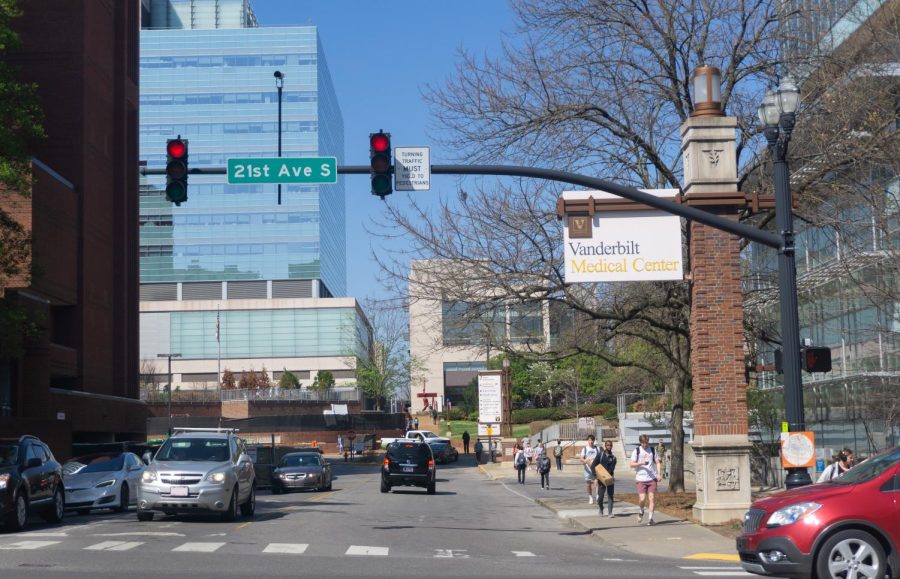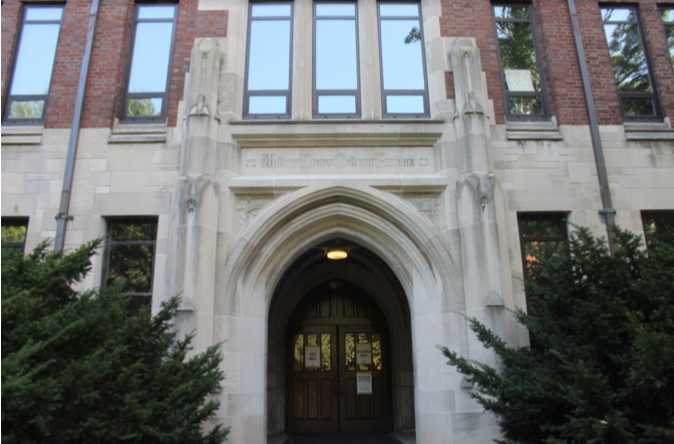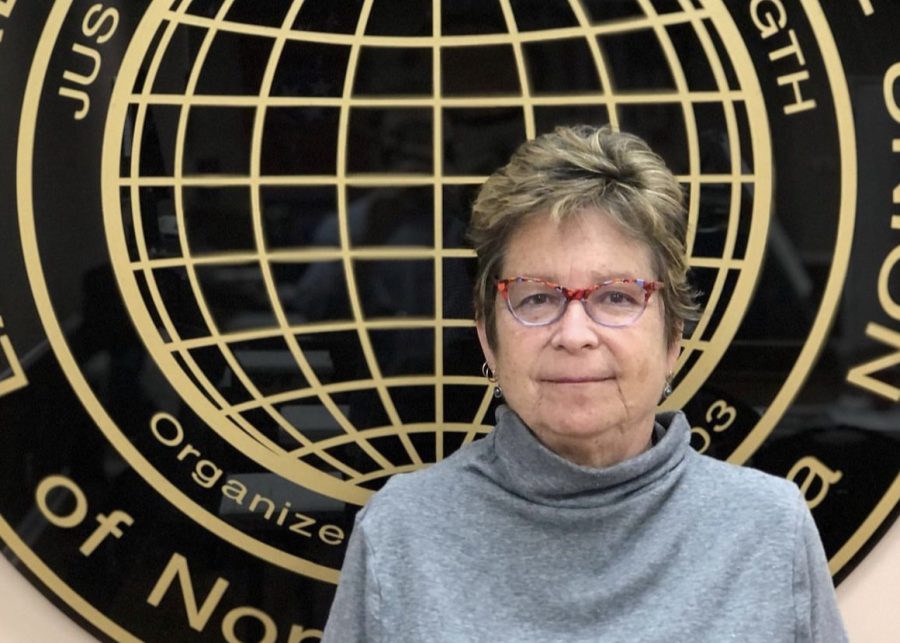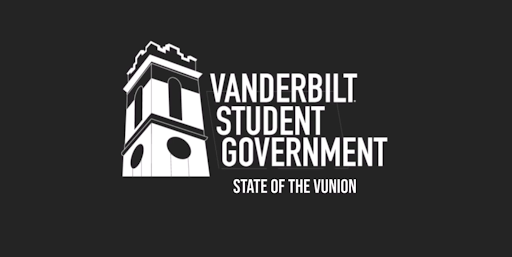On its 50-year anniversary in 2021, the Vanderbilt Works Union will negotiate a new contract with the university for its approximately 600 members, comprising Vanderbilt dining, janitorial, grounds keeping and craft maintenance workers. The union’s requests include higher wages and increased support.
The union will begin to converse with Vanderbilt administration in September and is hoping to agree to terms before their current contract expires on Nov. 15.
David Rutledge, assistant business manager of the Southeast Labor District Council, refrained from disclosing the specific pay increase that the union is requesting from Vanderbilt because negotiations with the university are unfinalized. The bargaining process takes place every three years.
“Our last contract was negotiated in 2017 and was set to expire last year,” Rutledge said. “Due to the circumstances of the pandemic, the university asked for a one-year extension which we ultimately agreed to with a few provisions.”
The main provision to the existing contract is the addition of a “me-too” clause which stipulates that if any employees receive a raise outside of the union’s bargaining, then all union members would earn the same percentage increase in wages.
“This [clause] is intended to make sure our members don’t miss out on an [pay] increase because of the contract extension,” Rutledge said.
In Sept. 2019, Hidden ‘Dores, an activist student organization which strives to reduce the obstacles that marginalized communities face, surveyed 35 dining workers to measure the staff’s job satisfaction. Of the 35 respondents, the average ratings for pay and respect from management were 3.0 and 2.7, respectively, out of a scale of ten. According to Rutledge, the union represents members from diverse backgrounds with the majority of the members being immigrants and people of color.
“Our goal is that Vanderbilt will recognize the needs of the workers as an institution and work with us to improve everybody’s lives,” Rutledge said.
The union is part of the Southeast District of Laborers’ International Union of North America (LIUNA). LIUNA mostly provides training materials for the union, but the most important aspect is the morale support, per Rutledge.
“LIUNA and Vanderbilt have had a collective bargaining relationship for almost 50 years,” Rutledge said. “In 2006, there was a very contentious fight over wages in particular. Since then, the relationship has improved, but there are still things we would like to see improve further.”
Rutledge is responsible for negotiating contracts with Vanderbilt and other members of the Southeast District of LIUNA. Rutledge shared his concern for the increasing cost of living in Nashville, stating that most of the union members could not sustain themselves by solely working for Vanderbilt.
“Nashville has become an increasingly expensive place to live,” Rutledge said. “People who work for Vanderbilt [should be able to] afford to live here and be an active part of the community.”
Per Rutledge, the union is also asking Vanderbilt for more adequate job training along with extended holiday, better healthcare, more retirement benefits and consistent promotions.
Raven Graham, a senior cook at Rand and a new steward for the union, shared her thoughts on working at Vanderbilt and her goals as a union leader. She emphasized that the union hopes the university will hire more staff as the campus returns to full capacity.
“Lately, it is just hard to find enough people—we never really have the full team,” Graham said. “I want Vanderbilt to be aware of that.”










